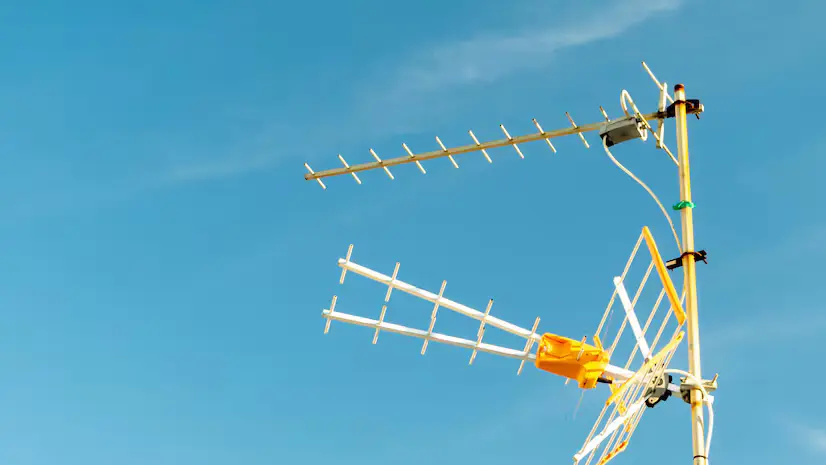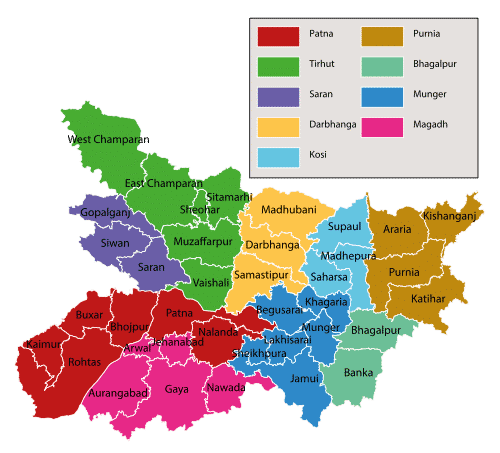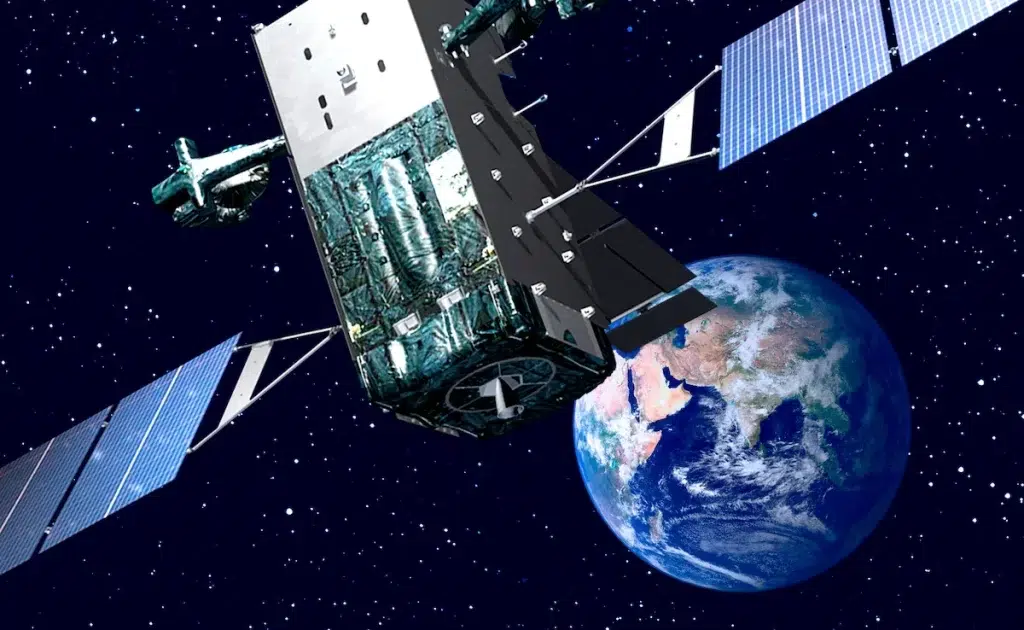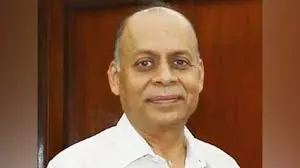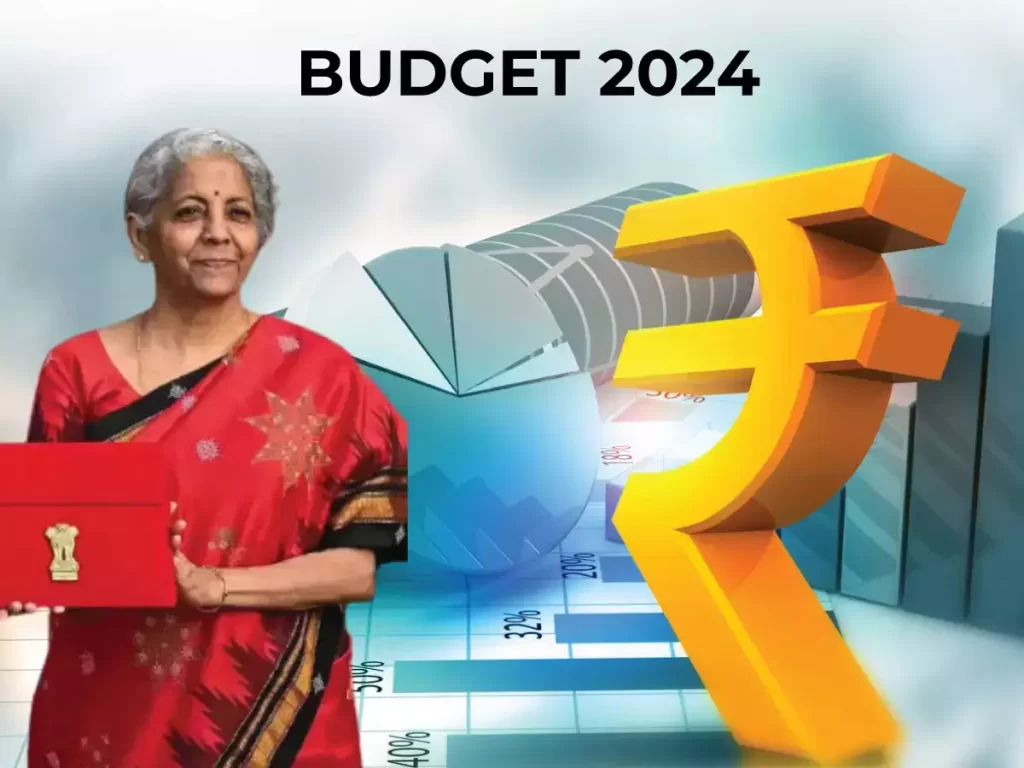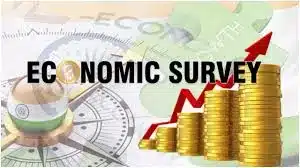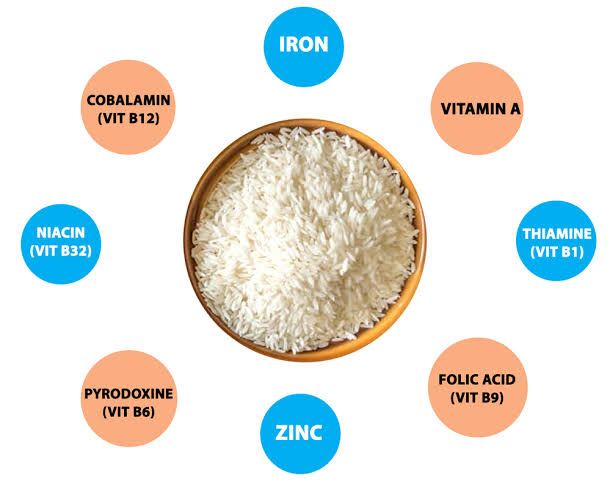National News
- The monsoon session of Parliament is likely to begin on July 19 and will go on till August 13.
- Chamoli disaster due to avalanche, says Geological Survey of India :
- Large mass of snow, ice and rock avalanche along with a hanging mass of rock crashed into the Raunthi Garh valley floor, the GSI says in a report.
- There was no evidence of a Glacial Lake Outburst Flood (GLOF) having caused the event.
- Due to the large volume of debris and the deluge, an artificial dam had formed near the confluence of Raunthi Garh and Rishiganga River, by the flowing debris which blocked the flow of Rishiganga River and formed a small lake temporarily.
- Climate change, that was triggering higher temperatures in the upper reaches of the Himalaya had a role and the constant freezing and thawing of ice made parts of rocks weak making them vulnerable to collapse.
- ‘Indians value religious freedom, not integration’ : according to a nation-wide survey on religious attitudes, behaviours and beliefs conducted by Pew Research Center, a non-profit based in Washington DC.
- Most Indians, cutting across religions, feel they enjoy religious freedom, value religious tolerance, and regard respect for all religions as central to what India is as a nation.
- At the same time, in what might seem like a contradiction, the majority in each of the major religious groups show a marked preference for religious segregation and “want to live separately”, .
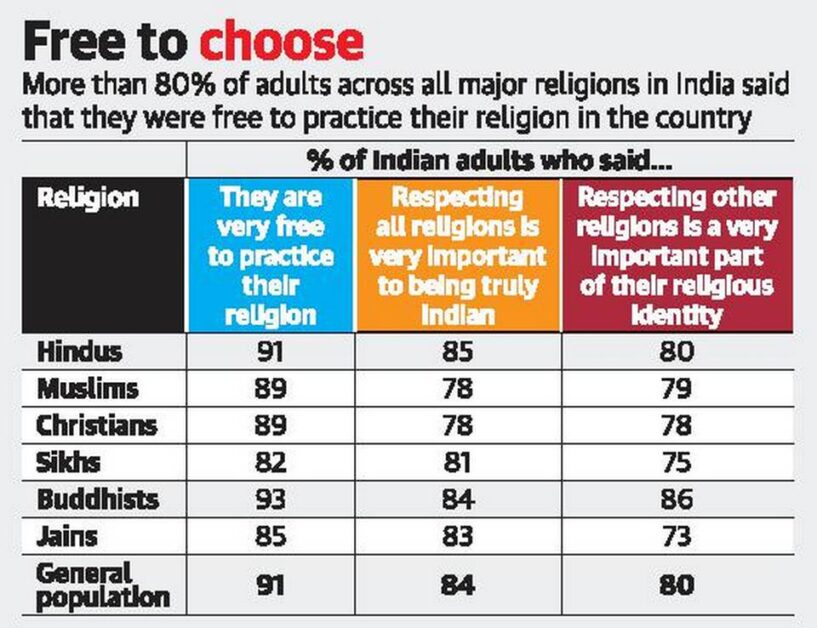
- The Drugs Controller General of India (DCGI), on Tuesday, granted permission to Mumbai-based pharmaceutical firm Cipla to import Moderna’s COVID-19 vaccine, making it the fourth vaccine in the country to be given the Emergency Use Authorisation (EUA).
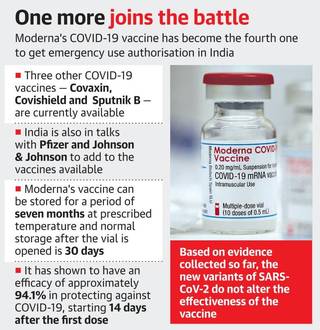
- With concerns mounting over the impact of climate change on Himalayan glaciers, the Ministry of Jal Shakti has released an updated atlas of glacial lakes that are part of the Ganga river basin.
- About 4,707 glacial lakes have been mapped in the Ganga basin.
- Last December, a similar inventory of glacial lakes was prepared for the Indus river basin.
- The expected “utility” of the atlas was to create a “comprehensive and systematic” glacial lake database for Ganga River basin.
- The information on glacial lakes including their type, hydrological, topographical, and associated glaciers are useful in identifying the potential critical glacial lakes and consequent GLOF (Glacial Lake Outburst Flood) events. These refer to disasters whereby a deluge of water from such a lake can trigger a disaster. The Chamoli disaster of February this year was initially thought to be a GLOF event but later, scientists have concluded that it was caused by the breaking off of a mass of rock and ice.
- The atlas could be used as reference for carrying out changes in the lakes over time, the spatial extent (expansion/shrinkage), and formation of new lakes.
- India has made only modest progress in developing its policy and doctrine for cyberspace security despite the geostrategic instability of its region, according to a new report by the International Institute for Strategic Studies (IISS).
- The report ‘Cyber Capabilities and National Power: A Net Assessment’, which has assessed cyber power for 15 countries, said while India has cyber-intelligence and offensive cyber capabilities, they are regionally focused, principally on Pakistan.
- The report divides the countries into three tiers based on analysis of core cyber-intelligence capabilities, cyber security and resilience, strategy and doctrine and offensive cyber capability.
- The U.S. is the only country in tier one with world-leading strengths in all categories, while countries like Australia, Canada, China, France, Israel, Russia and the United Kingdom are placed in tier two. India, along with Indonesia, Iran, Japan, Malaysia, North Korea and Vietnam, are in tier three with “potential strengths in some categories but significant weaknesses in others”.
International News
- U.S.-based pharmaceutical company Johnson & Johnson has said the requirement to conduct a bridging clinical study of its single-dose Janssen COVID-19 vaccine candidate no longer exists in India.
- The company said it was following Drug Controller General of India’s recent announcement that there was no longer any requirement for conducting post-approval bridging clinical trials for COVID-19 vaccines in India for restricted use in emergency situation in case of those already approved for restricted use by US FDA, EMA, UK MHRA, PMDA Japan, listed in WHO Emergency Use Listing (EUL) or are well-established ones from the standpoint that millions of individuals have already been vaccinated.
- The apex court in South Africa on Tuesday sentenced the country’s former president Jacob Zuma to 15 months’ imprisonment for contempt of court after he walked out of hearings of the Commission of Enquiry into State Capture in November last year and refused to return to it.
- Sri Lanka is “banking on” a $1 billion currency swap from India to meet its debt repayment obligations this year and tide over the current economic crisis.
- U.S. sending Bangladesh 2.5 million of Moderna’s COVID-19 vaccine doses: according to White House Official.
Appointments
- Sylendra Babu picked to head the Tamil Nadu police force.
- The tenure of NITI Aayog Chief Executive Officer Amitabh Kant extended by one year till June 2022.
- The U.S. State Department announced the appointment of Atul Keshap, as Chargé d’Affaires (CDA) ad interim, in New Delhi, to replace Daniel Smith, who is retiring.
Also refer:

